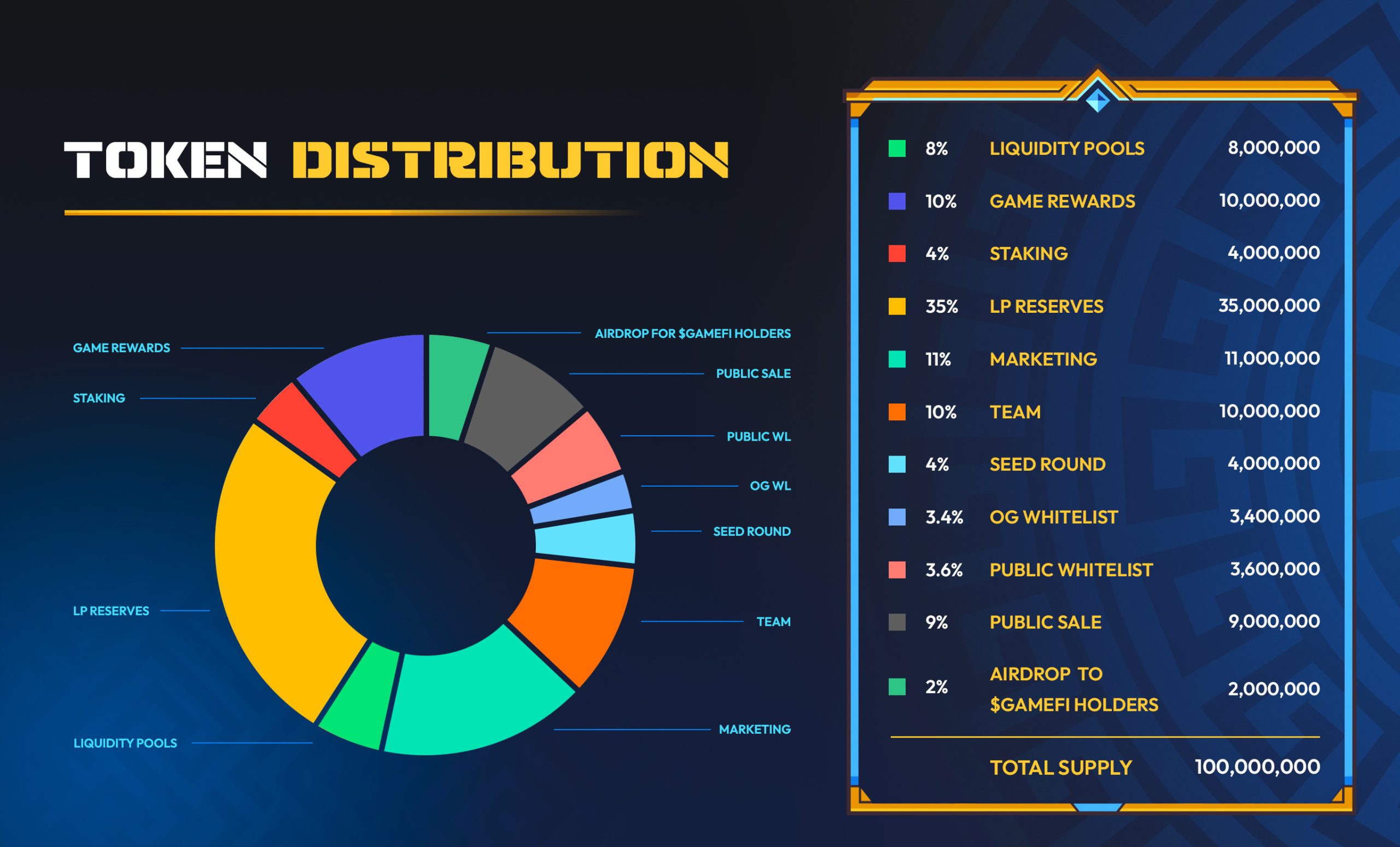Capturing Moments
Your go-to blog for photography tips and inspiration.
Loot Boxes and Liquid Assets: The Intricacies of Tokenomics in Gaming
Unlock the secrets of gaming's tokenomics! Explore the allure of loot boxes and their impact on virtual economies. Dive in now!
Understanding the Mechanics of Loot Boxes: A Guide to Tokenomics in Gaming
The rise of loot boxes in gaming has revolutionized how players engage with their favorite titles, introducing elements of chance and reward that keep them coming back for more. Understanding the mechanics of loot boxes requires a closer look at their underlying principles, specifically the concept of tokenomics. Tokenomics refers to the economic structure and incentives created around virtual currencies and assets within a game. This includes how loot boxes are priced, the rarity of items contained within them, and how these factors create demand. Game developers often employ complex algorithms to ensure a balance that keeps players invested without feeling exploited.
To truly grasp the impact of loot boxes, it's important to recognize the psychology behind them. Loot boxes leverage the gamification of rewards, tapping into players' emotions and creating a sense of anticipation each time they make a purchase or unlock a box. As players become familiar with tokenomics, they begin to understand that each loot box comes with distinct probabilities that affect their chances of obtaining desirable items. Critically, the transparency—or lack thereof—surrounding these probabilities can greatly influence player trust and overall satisfaction. By dissecting these elements, we can better appreciate the intricate system that keeps players engaged in modern gaming.

Counter-Strike is a popular first-person shooter game that has garnered a massive following since its release. Players engage in team-based gameplay, with one side attempting to complete objectives while the other side tries to thwart them. For those looking to enhance their gaming experience, using a bc.game promo code can provide valuable in-game benefits.
How Liquid Assets Transform the Gaming Economy: The Role of Tokenomics
Liquid assets are revolutionizing the gaming economy by enhancing accessibility and flexibility for players and developers alike. By integrating blockchain technology and tokenomics, games can create decentralized ecosystems where virtual currencies and assets can be traded seamlessly. This allows game developers to monetize their products more effectively, while players can invest in and sell their in-game items, transforming their gaming experience into a more rewarding venture. With the rise of play-to-earn models, liquid assets have opened doors for gamers to earn real-world value, fundamentally changing how we perceive value within games.
The role of tokenomics in this transformation cannot be overstated. By establishing a robust framework for the creation, distribution, and management of digital tokens, game economies can thrive while ensuring sustainability and growth. Key aspects of effective tokenomics include liquidity, scarcity, and utility, which help maintain player engagement and incentivize participation. Moreover, as players become more involved in these economies, the potential for creating vibrant communities grows, further driving the adoption of liquid assets in gaming. Ultimately, the integration of liquid assets through tokenomics not only enhances gameplay but also builds a more engaged and invested player base.
Are Loot Boxes a Form of Gambling? Exploring the Ethical Implications in Gaming
The debate surrounding loot boxes and their classification as a form of gambling has gained considerable traction in recent years. Loot boxes are virtual items that players can purchase or earn in games, offering random rewards or in-game content. Critics argue that they resemble traditional gambling mechanics—such as a random chance of winning and the potential for financial loss—thereby exerting a negative influence on players, particularly minors. The ethical implications of this practice raise questions about the responsibility of game developers in designing their monetization strategies and the potential for exploitative practices that might encourage compulsive spending.
Moreover, regulators around the world have started to scrutinize loot boxes more closely. Some jurisdictions have mandated clear disclosures about the odds of receiving specific items, while others have taken steps to regulate or even ban them outright, labeling them as forms of gambling. Exploring the ethical implications of loot boxes not only involves assessing their impact on player behavior but also on broader societal views of gambling. As the gaming industry evolves, it is crucial for stakeholders to consider the long-term effects of loot boxes on player welfare and ensure that gaming remains a fun and engaging medium rather than a vehicle for harmful gambling habits.